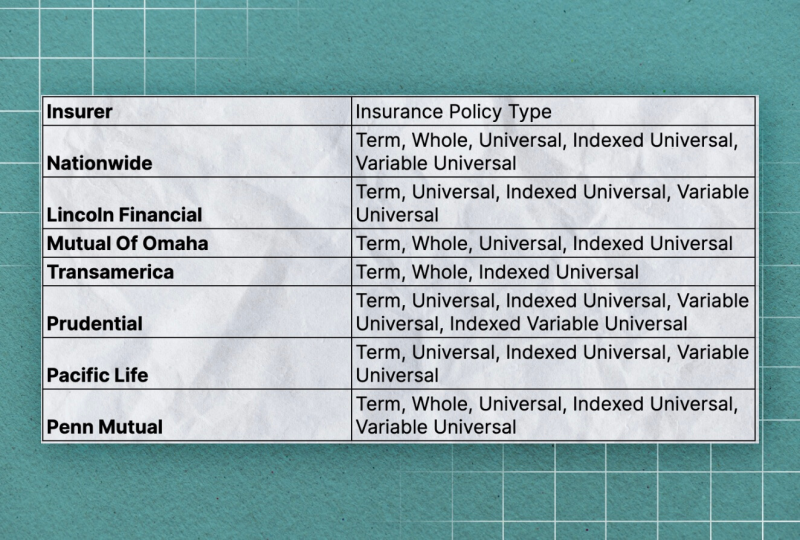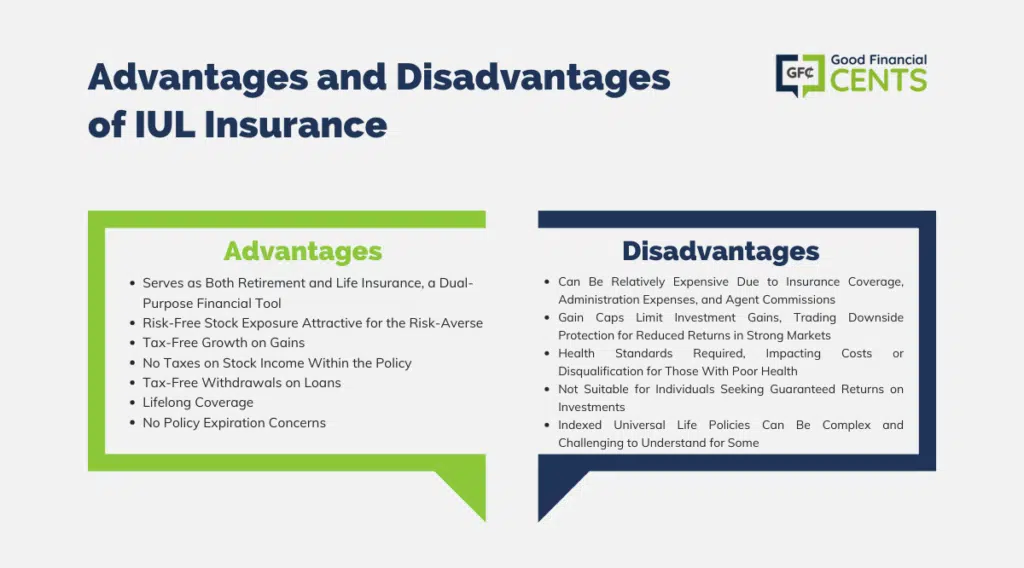All Categories
Featured
Table of Contents
1), commonly in an attempt to beat their category standards. This is a straw man debate, and one IUL people enjoy to make. Do they compare the IUL to something like the Lead Total Securities Market Fund Admiral Show no lots, an expense proportion (ER) of 5 basis factors, a turn over ratio of 4.3%, and an outstanding tax-efficient record of distributions? No, they contrast it to some horrible proactively taken care of fund with an 8% load, a 2% EMERGENCY ROOM, an 80% turnover proportion, and a horrible document of short-term resources gain distributions.
Shared funds typically make annual taxed circulations to fund proprietors, also when the value of their fund has actually gone down in value. Shared funds not just need earnings coverage (and the resulting annual tax) when the mutual fund is rising in worth, yet can also enforce earnings taxes in a year when the fund has actually dropped in worth.
That's not how mutual funds work. You can tax-manage the fund, collecting losses and gains in order to lessen taxable circulations to the investors, yet that isn't in some way mosting likely to alter the reported return of the fund. Just Bernie Madoff types can do that. IULs prevent myriad tax catches. The possession of common funds may require the common fund proprietor to pay approximated taxes.

IULs are simple to place to make sure that, at the proprietor's death, the recipient is not subject to either earnings or inheritance tax. The exact same tax reduction techniques do not work almost too with common funds. There are various, usually pricey, tax traps connected with the moment acquiring and marketing of common fund shares, traps that do not put on indexed life insurance policy.
Chances aren't very high that you're mosting likely to undergo the AMT as a result of your common fund circulations if you aren't without them. The remainder of this one is half-truths at best. For example, while it holds true that there is no earnings tax obligation as a result of your beneficiaries when they acquire the proceeds of your IUL policy, it is also real that there is no income tax obligation as a result of your beneficiaries when they inherit a mutual fund in a taxed account from you.
Single Premium Indexed Universal Life
The government estate tax exemption restriction is over $10 Million for a pair, and expanding every year with inflation. It's a non-issue for the vast bulk of medical professionals, a lot less the remainder of America. There are better means to avoid inheritance tax concerns than purchasing investments with reduced returns. Common funds may trigger revenue taxation of Social Protection advantages.

The growth within the IUL is tax-deferred and might be taken as tax totally free revenue through lendings. The plan proprietor (vs. the shared fund supervisor) is in control of his or her reportable revenue, hence allowing them to decrease and even get rid of the taxation of their Social Safety and security advantages. This one is fantastic.
Below's one more minimal concern. It's true if you purchase a common fund for claim $10 per share simply prior to the distribution day, and it distributes a $0.50 distribution, you are then going to owe tax obligations (probably 7-10 cents per share) although that you have not yet had any gains.
In the end, it's truly about the after-tax return, not exactly how much you pay in taxes. You are going to pay even more in taxes by using a taxed account than if you purchase life insurance coverage. You're likewise most likely going to have more cash after paying those tax obligations. The record-keeping needs for owning shared funds are substantially extra complex.
With an IUL, one's records are maintained by the insurance policy business, duplicates of annual declarations are mailed to the proprietor, and distributions (if any kind of) are completed and reported at year end. This one is likewise sort of silly. Naturally you need to keep your tax obligation records in situation of an audit.
Fixed Universal Life
Hardly a factor to get life insurance. Common funds are typically part of a decedent's probated estate.
On top of that, they are subject to the delays and expenses of probate. The earnings of the IUL policy, on the various other hand, is always a non-probate distribution that passes beyond probate straight to one's called beneficiaries, and is as a result exempt to one's posthumous creditors, undesirable public disclosure, or similar hold-ups and prices.
Medicaid disqualification and life time revenue. An IUL can supply their proprietors with a stream of earnings for their whole life time, no matter of just how lengthy they live.

This is advantageous when arranging one's affairs, and converting assets to revenue prior to an assisted living facility confinement. Mutual funds can not be converted in a similar manner, and are nearly always thought about countable Medicaid assets. This is an additional silly one supporting that inadequate individuals (you recognize, the ones that need Medicaid, a federal government program for the bad, to pay for their retirement home) ought to utilize IUL as opposed to shared funds.
Indexed Whole Life Insurance
And life insurance policy looks dreadful when contrasted relatively against a pension. Second, people who have money to get IUL over and past their pension are mosting likely to have to be dreadful at handling money in order to ever before certify for Medicaid to spend for their nursing home expenses.
Persistent and terminal health problem cyclist. All plans will certainly enable an owner's easy access to cash money from their plan, typically waiving any kind of abandonment fines when such individuals suffer a major health problem, require at-home care, or end up being restricted to an assisted living home. Common funds do not give a comparable waiver when contingent deferred sales costs still put on a common fund account whose proprietor requires to market some shares to money the prices of such a stay.
Universal Life Insurance Agent
You get to pay even more for that benefit (motorcyclist) with an insurance coverage policy. Indexed universal life insurance policy supplies death advantages to the beneficiaries of the IUL proprietors, and neither the owner nor the beneficiary can ever before lose money due to a down market.
Currently, ask yourself, do you in fact need or desire a fatality benefit? I definitely do not require one after I reach economic freedom. Do I want one? I mean if it were cheap enough. Certainly, it isn't low-cost. On standard, a buyer of life insurance spends for truth expense of the life insurance policy benefit, plus the prices of the policy, plus the profits of the insurance company.
Life Insurance Flexible
I'm not entirely certain why Mr. Morais threw in the entire "you can't shed money" again here as it was covered rather well in # 1. He simply desired to repeat the finest selling factor for these things I intend. Once more, you don't lose nominal bucks, but you can shed real dollars, in addition to face significant chance cost as a result of reduced returns.

An indexed universal life insurance policy proprietor may exchange their policy for an entirely various policy without causing income taxes. A shared fund owner can stagnate funds from one mutual fund firm to one more without selling his shares at the previous (therefore activating a taxable event), and buying new shares at the last, commonly based on sales costs at both.
While it holds true that you can exchange one insurance coverage for an additional, the reason that people do this is that the very first one is such an awful plan that also after acquiring a brand-new one and undergoing the very early, unfavorable return years, you'll still appear ahead. If they were sold the ideal policy the first time, they should not have any desire to ever exchange it and experience the very early, negative return years again.
Table of Contents
Latest Posts
Universal Life Tax Shelter
Universal Life Premium Financing
Indexed Whole Life
More
Latest Posts
Universal Life Tax Shelter
Universal Life Premium Financing
Indexed Whole Life